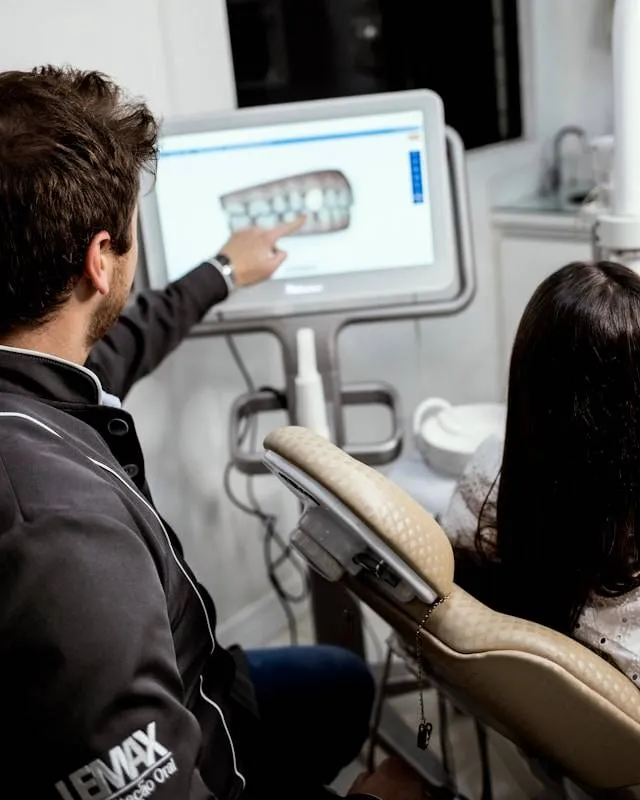
-
Monday - Saturday: 8am - 12pm ; 2pm - 8pm
Sunday: 8am - 12pm - Make an appointment
- [email protected] Contact us

Monday - Saturday: 8am - 12pm ; 2pm - 8pm
Sunday: 8am - 12pm
A permanent tooth extraction is the removal of a tooth from the mouth. This treatment raises many questions and concerns. We answer your most frequently asked questions about permanent tooth extraction.
Patients often wonder why permanent teeth need to be extracted. Permanent tooth extraction is necessary for many reasons, including severe tooth decay, gum disease, overcrowding, impacted wisdom teeth, or irreversible damage to the tooth.

Patients often worry about the pain of having a permanent tooth extracted. Most dentists use a local anesthetic to numb the area around the tooth to be extracted to minimize pain. Patients may also be given a sedative or nitrous oxide to help them relax.
Permanent tooth extraction recovery is also a concern for many customers. We provide aftercare instructions to reduce pain and speed up healing. You may experience swelling, discomfort, and bleeding after tooth extraction, but these symptoms usually subside after a few days.
A smooth recovery requires following your dentist's aftercare advice, such as avoiding strenuous activity, eating soft foods, taking prescribed medications, and maintaining good oral hygiene.
Healing usually takes one to two weeks after tooth extraction. The difficulty of the extraction, the patient’s condition, and adherence to aftercare will all affect this. It is important to follow your dentist’s instructions and be patient so your body can heal quickly.

Permanent tooth extraction can cause complications, but these are rare. Infection, damage to nearby teeth or structures, and allergic reactions to medications are possible consequences. Follow your dentist's advice and seek Sakura's help if problems arise to reduce the risk of complications.
Patients may also be concerned about their smile and ability to chew after permanent tooth extraction. Depending on the needs and preferences of the patient, dental implants, bridges, or dentures are the best options to replace the extracted tooth. Discuss these options with the doctors at Sakura to find the most appropriate answer for your case.
After a permanent tooth extraction, you must take care of your oral health to ensure a smooth recovery and avoid problems. Follow these tips:
In case you experience heavy bleeding, severe pain or other unwanted symptoms, contact Sakura Dental Clinic immediately for help.

1. Our websites and newsletters are not intended to replace the services of a physician and do not constitute a doctor-patient relationship. They are for informational purposes only and are not a substitute for professional advice. Please do not use the information
2. The Vietnamese version is the main version, which has reference value. We have tried our best to make the other versions (English, Japanese, Korean) as good as possible. However, there are still errors, especially in foreign languages. We hope that readers will inform us of such errors via the contact form or at [email protected] . We thank you for your valuable help.
© 2025, Sakura Dental Clinic . All Rights Reserved.